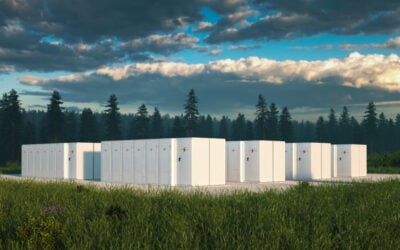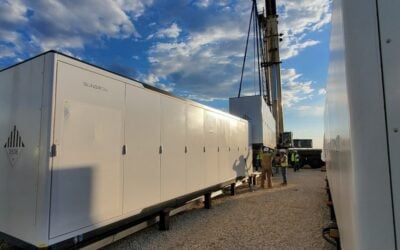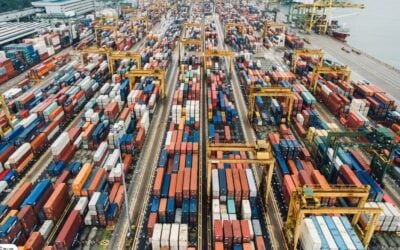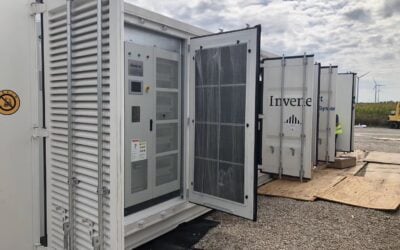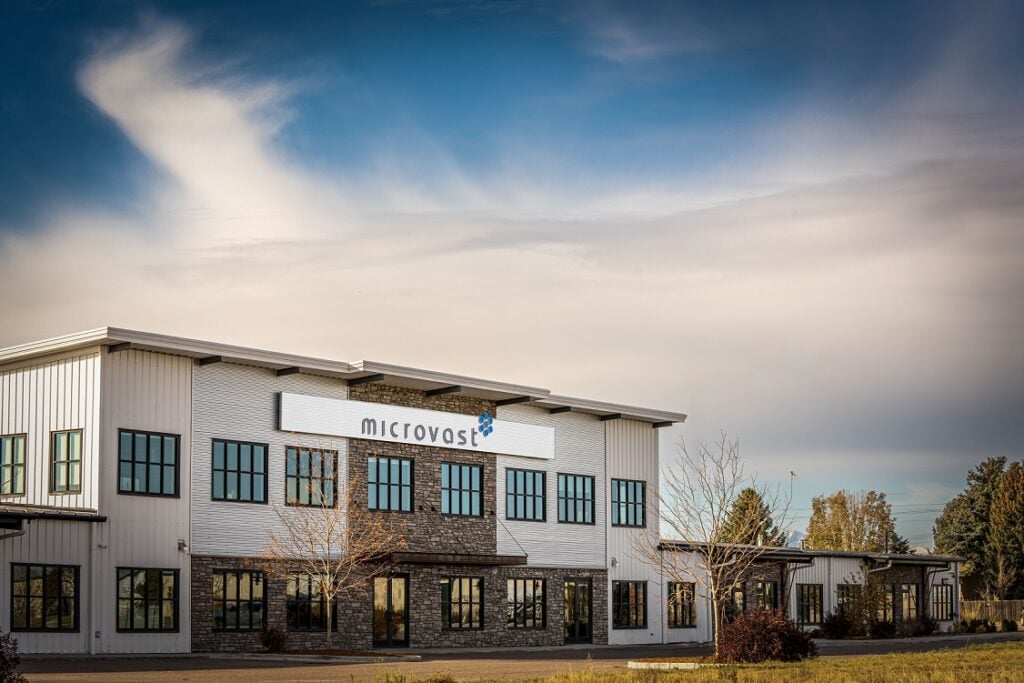
The US Department of Energy (DOE) has cancelled a US$200 million grant application from lithium-ion battery firm Microvast, which rejected any links to the Chinese government.
The DOE decided this week to withdraw a previously announced intention of approving a US$200 million separator grant to Microvast, which designs, develops, and manufactures lithium-ion battery solutions. It did not provide specific reasons for the move. The decision was praised by Republican Senator John Barrasso, ranking member of the Senate Committee on Energy and Natural Resources (ENR), who commented:
Enjoy 12 months of exclusive analysis
- Regular insight and analysis of the industry’s biggest developments
- In-depth interviews with the industry’s leading figures
- Annual digital subscription to the PV Tech Power journal
- Discounts on Solar Media’s portfolio of events, in-person and virtual
Or continue reading this article for free
“The Department of Energy has finally retreated from sending U.S. taxpayer dollars to Microvast, an electric vehicle battery company with close ties to Communist China. I’m stunned it took the Biden Administration this long to admit the obvious: no company beholden to Communist China should be considered for U.S. government grants or loans. The administration should immediately reject other applicants with similar ties. It should also overhaul its grant making process and conduct due diligence before issuing press releases.”
Microvast chairman Yang Wu yesterday (24 May) responded, saying: “the company is surprised by the DOE’s decision to withdraw the grant, which was designed to help build a new facility in Kentucky that would employ hundreds of people.”
“Microvast is based in Texas, its shares are traded on Nasdaq, and the operations for our global business are centralized in the U.S. Neither the Chinese government nor the Chinese Communist Party has any ownership in the company, nor do they control or influence company operations in any way. The company is therefore considering all of its options.”
Read the full statement from Microvast here and a fact sheet summarising its main rebuttal points here.
The company manufactures lithium-ion battery cells through plants in Texas, Germany and China and full BESS systems since launching a specialist battery division last year, shortly before announcing its first order for 1,200MWh for an undisclosed customer.

